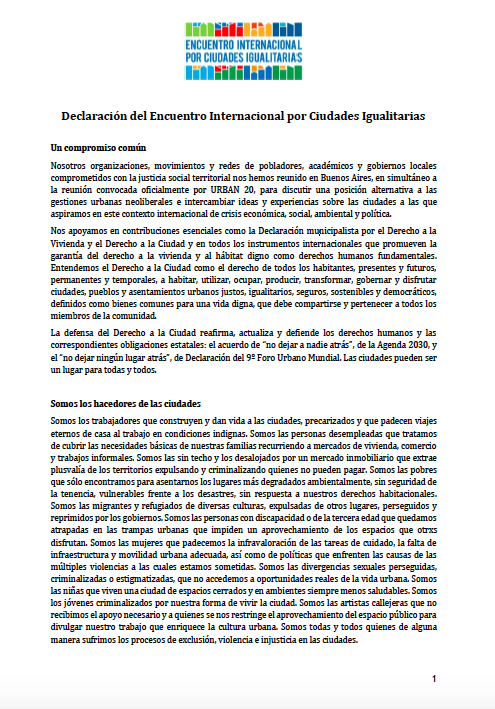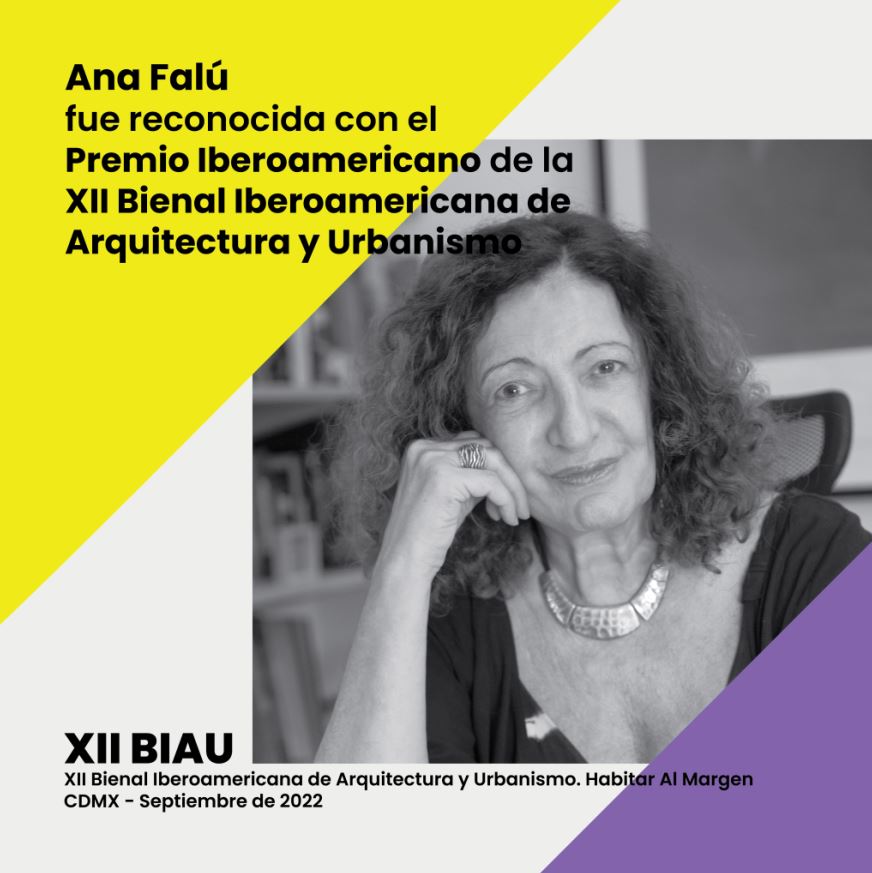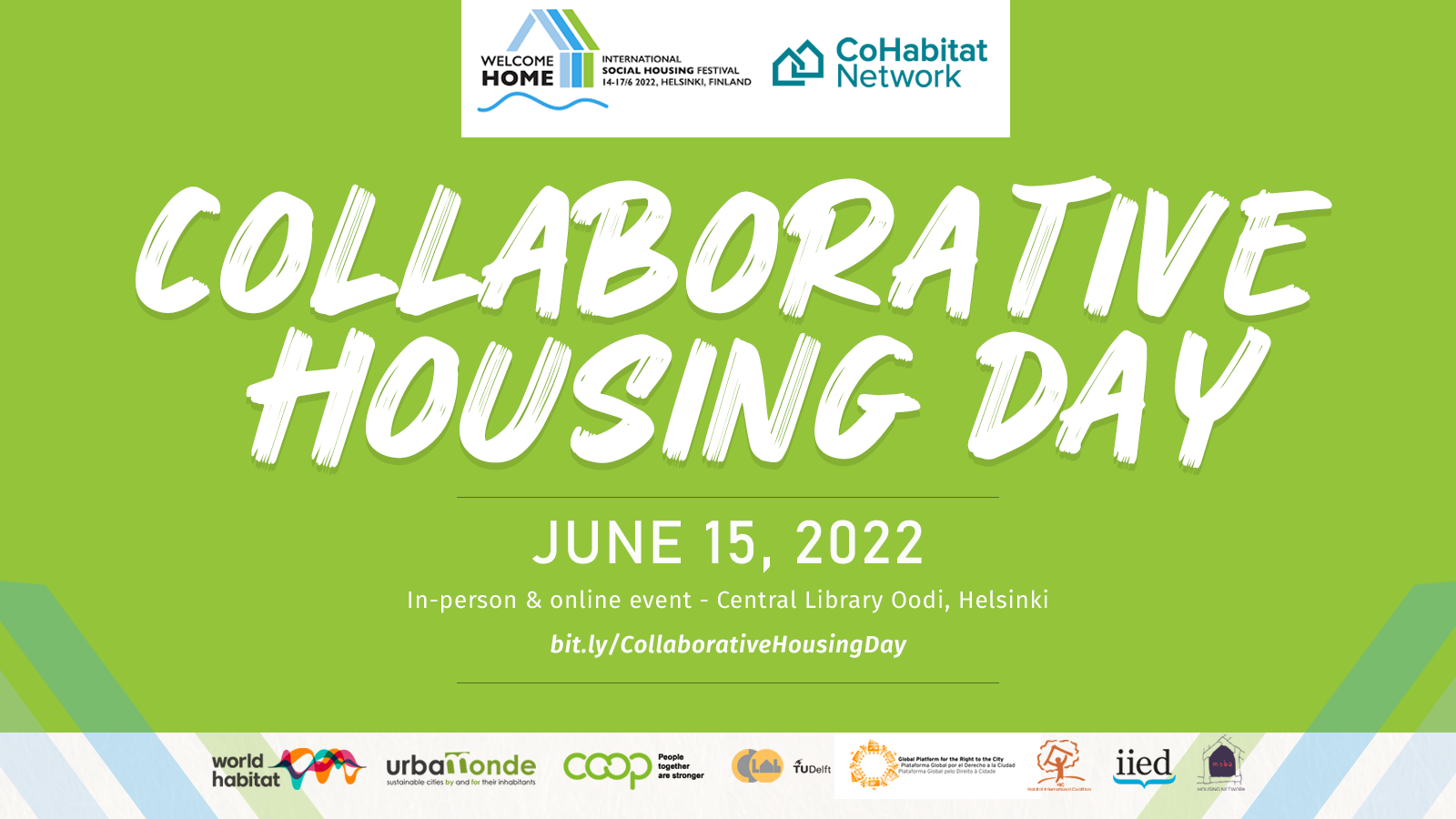Participatory budgeting (PB) has been a major
innovation in participatory governance worldwide, with more than 3,000
experiences listed across 40 countries. PB has also diversified over its 30
years, with many contemporary experiments (referred to as PBs) only
tangentially related to the original project to “radically democratize
democracy”. We propose a taxonomy to distinguish the logics currently
underpinning PB in practice:political(for radical democratic change), good governance (to improve
links between the public and citizens’ spheres), and technocratic (to optimize
the use and transparency of public resources for citizens’ benefit).
Illustrating these competing rationales through contemporary experiences, we
reflect on the contributions of the good governance and technocratic frameworks
to managerial and state modernization. Undoubtedly, these help explain PB’s
growing attraction for proponents of the good governance agenda. However,
rekindling PB’s promise for democratic deepening, we argue, requires refocusing
on its deliberative quality. We draw attention to civic education and
empowerment of participants as key components of PB practices intent on opening
pathways towards alternative political systems – indeed, of materializing Henri
Lefebvre’s “right to the city”.
* To download the paper, click here.




